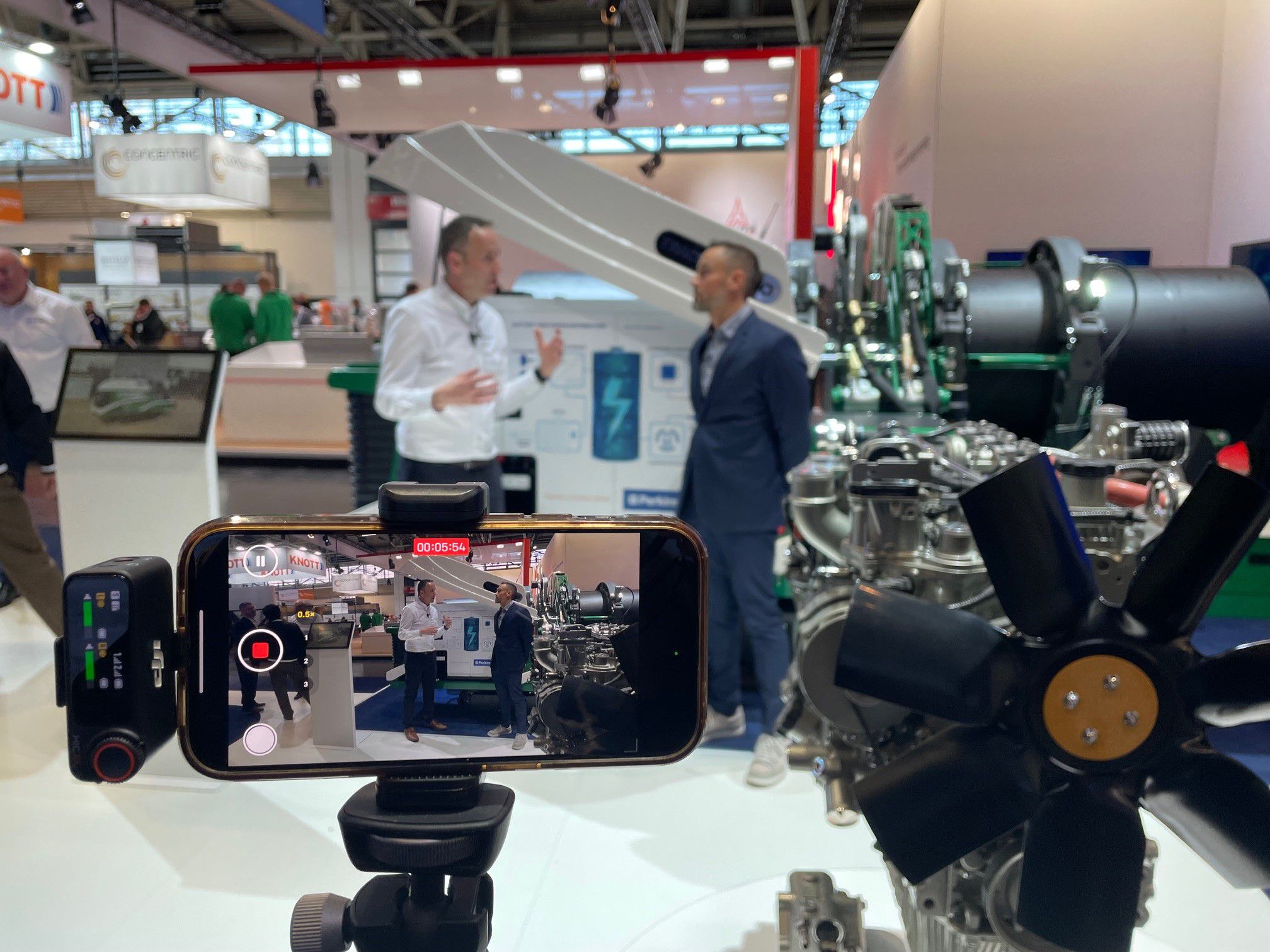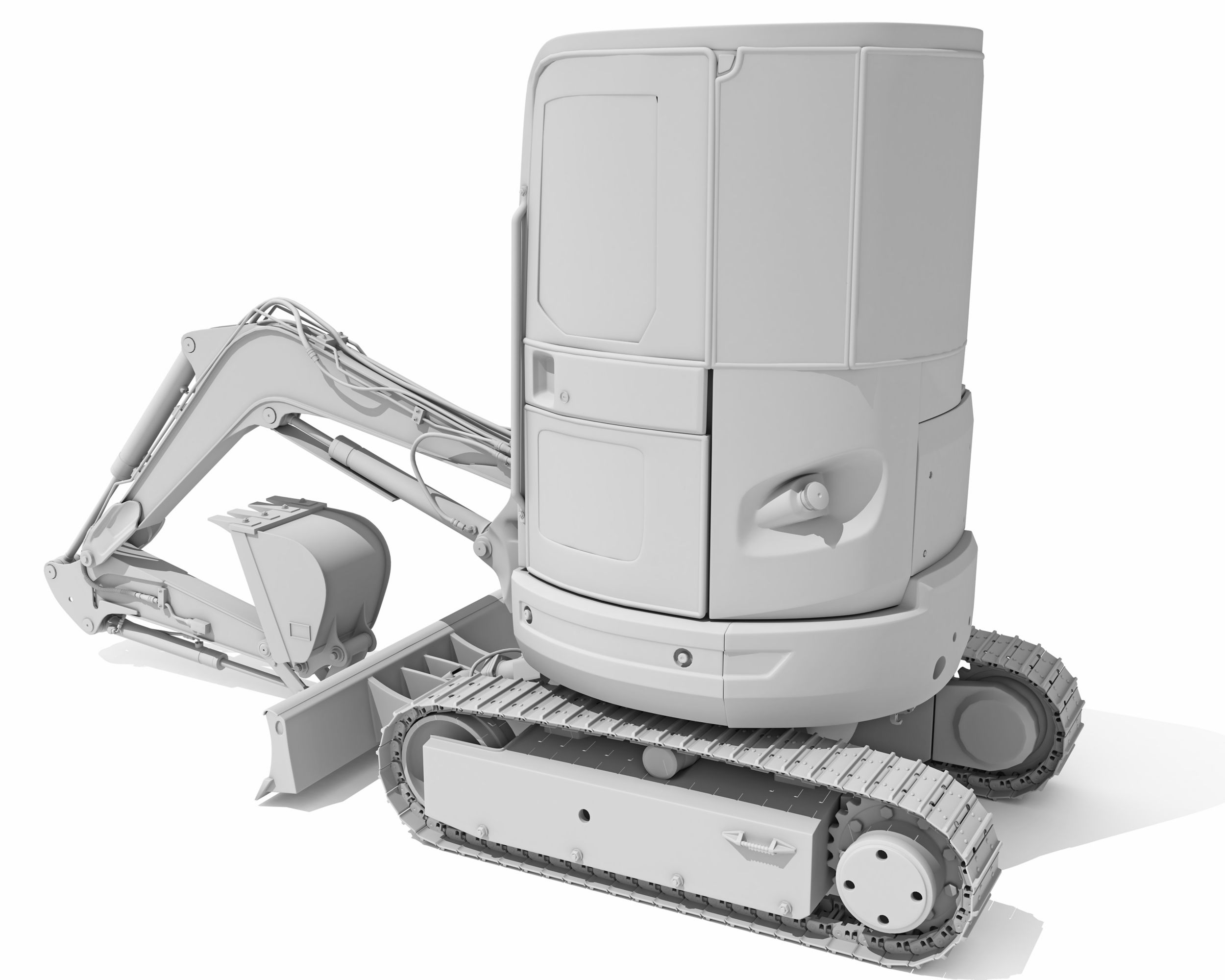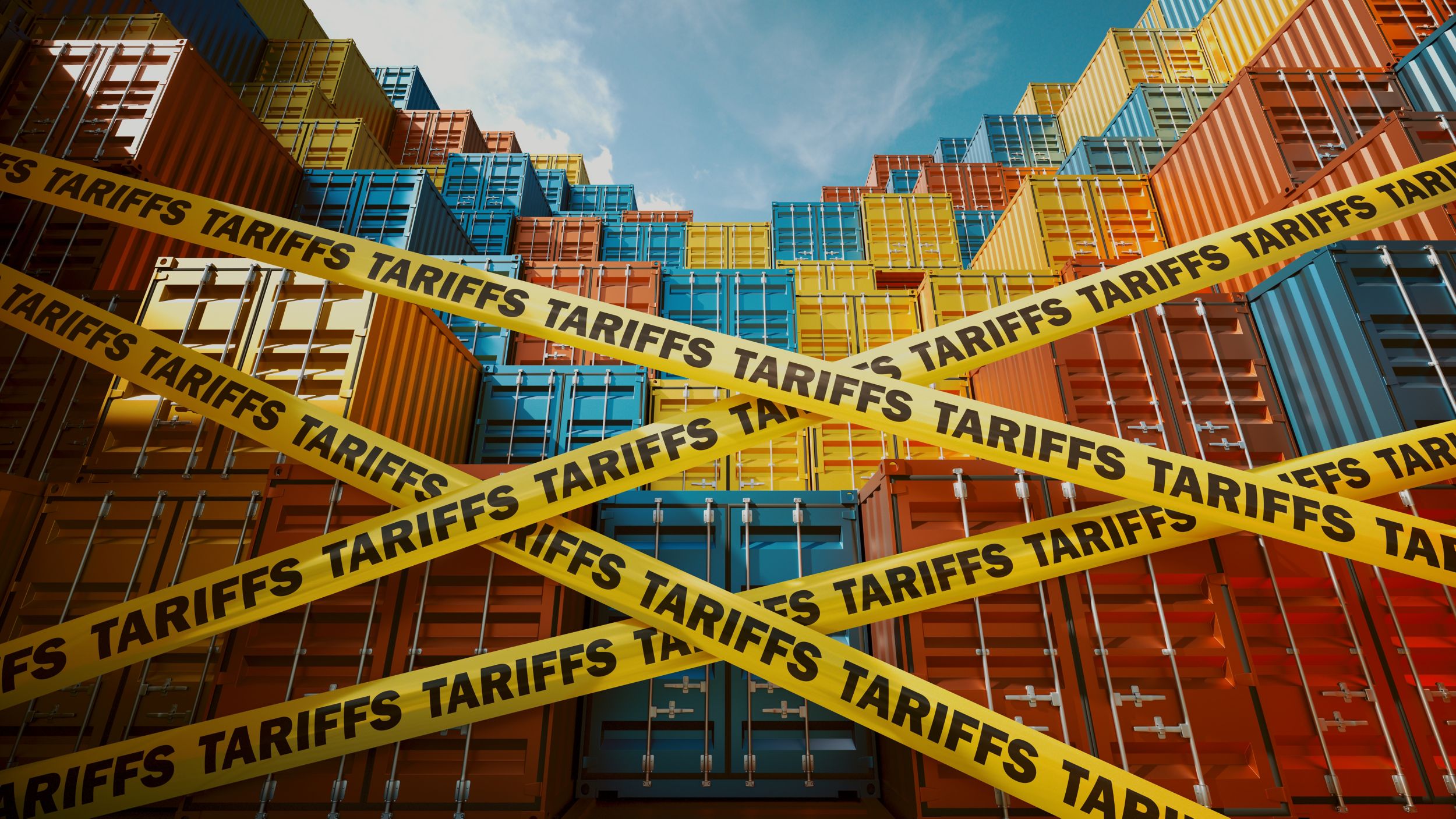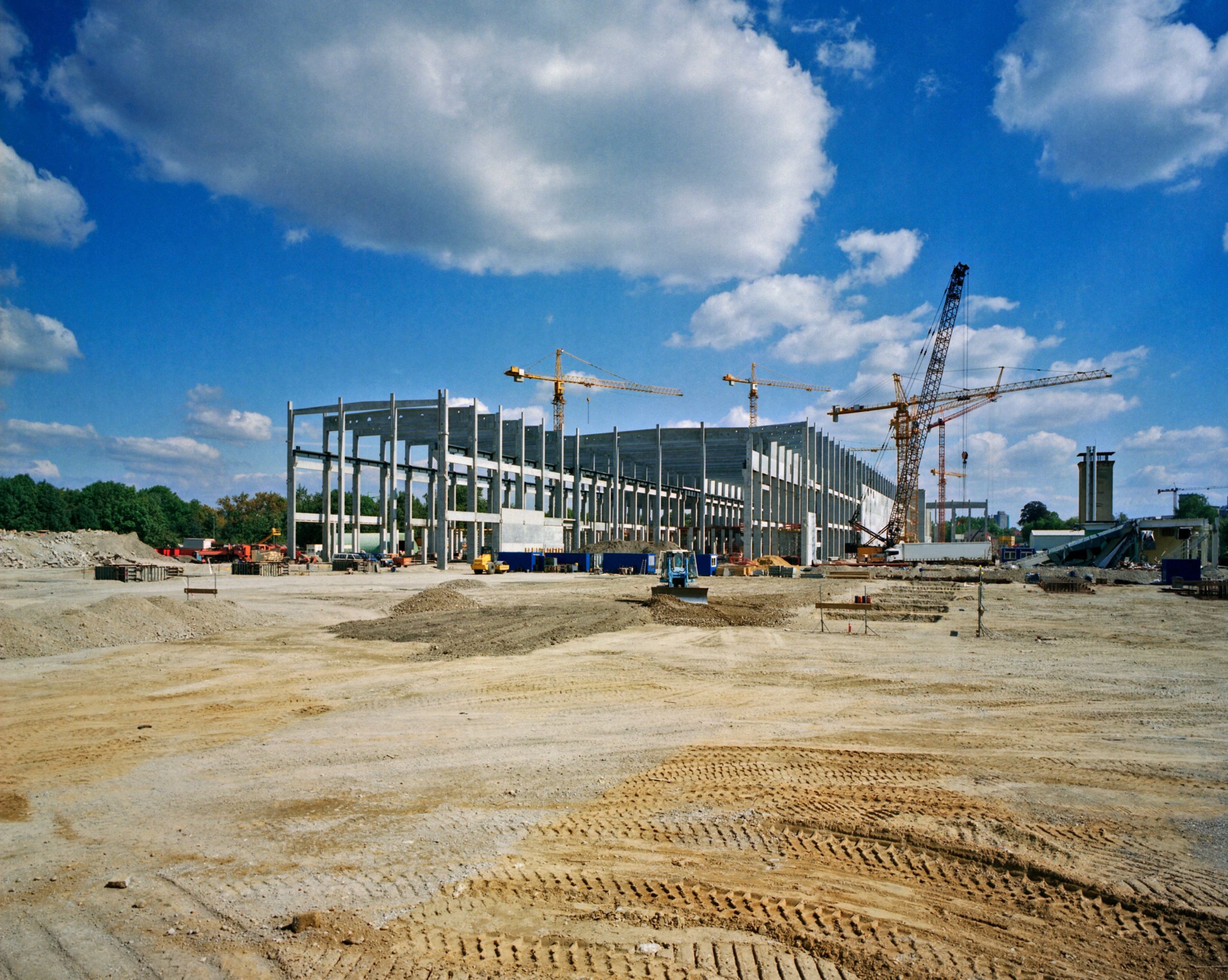A combination of renewable energy sources, increasing flexible capacity and sustainable fuel development could allow Vietnam, Luzon in the Philippines and Sulawesi in Indonesia to reach net-zero carbon emissions by 2050 according to a model produced by Helsinki-based Wärtsilä. The model, as reported by Diesel International’s Powertrain E-magazine, would also cut the levelized cost of electricity by more than 20 percent when future carbon taxes are considered.
Compared to a Business As Usual model, the report indicates that Vietnam could avoid nearly USD 28 billion in carbon taxes, Luzon could save USD 6 billion and Sulawesi over USD 1 billion. That is in addition to cost reductions of 20 percent, 23 percent and 23 percent respectively.
The report recommends that fossil fuels be phased out and investment focused on renewable energy sources, flexible generation and distribution capacity and sustainable fuels such as green hydrogen.
Reporting says a slowing economy saw sales decline by 21 percent in 2024.
Learn MoreVarious industry groups are reporting the signals to be very mixed.
Read moreAn influencer can link OEMs with the people who will use the equipment.
Read moreThe rental market is influencing new mini excavator design.
Read moreSunbelt Rentals will be the official equipment provider for the games.
Read moreWhat impact will the recently announced 25 percent U.S. tariffs have on the global generator set market?
Read moreA recent article in Compact Equipment magazine explored the difference and offered some guidelines for selecting the best balance for various applications.
Read moreThe Construction Index reports that April marked the third consecutive month of construction output growth in Great Britain according to the Office for National Statistics.
Read more







